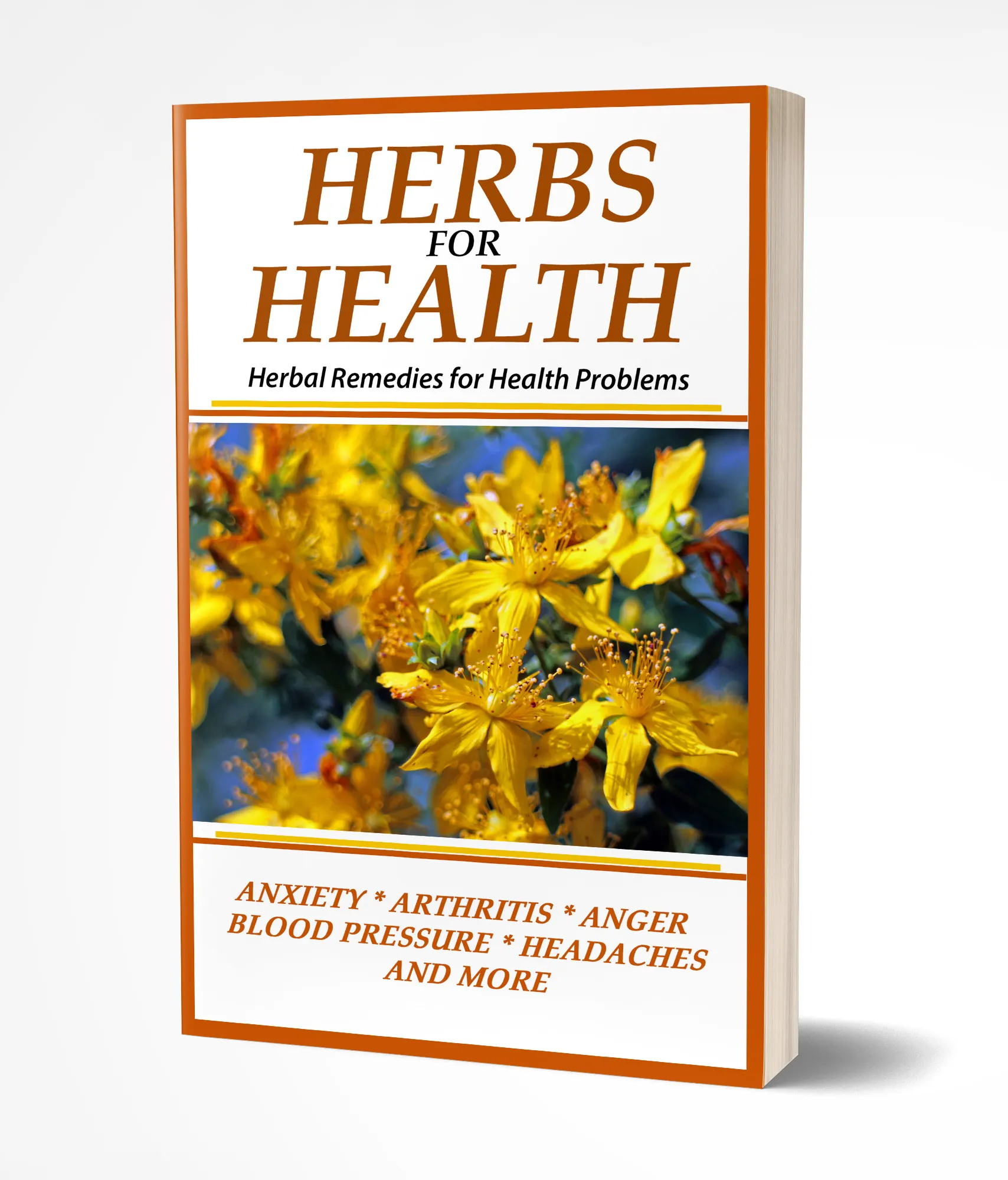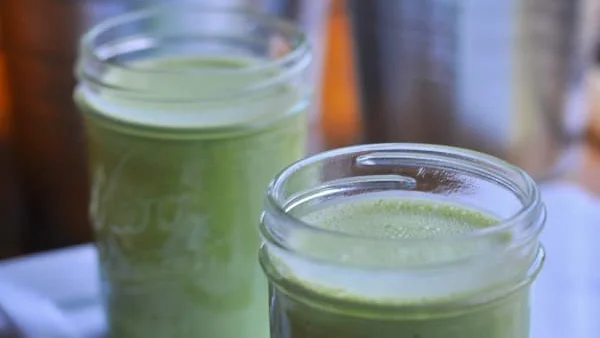In recent years, the shift towards plant-based diets has brought with it a renewed interest in the age-old tradition of herbal remedies, particularly in the form of beverages. From the bustling markets of Marrakesh to the quiet tea rooms of Kyoto, herbal drinks have been cherished across cultures for their soothing qualities and health benefits. These natural concoctions not only delight the palate but also offer a range of medicinal benefits that modern science is just beginning to understand.
Exploring the World of Herbal Beverages
Herbal beverages encompass a broad range of hot and cold drinks made from infusing various parts of plants, such as leaves, roots, seeds, or flowers. Unlike standard teas derived from the Camellia sinensis plant, herbal teas, also known as tisanes, are caffeine-free and can include a variety of plants like chamomile, peppermint, hibiscus, and lavender.
In addition to teas, other popular herbal beverages include infusions, which involve steeping herbs in hot water, and decoctions, made by boiling tougher plant materials like roots or bark to extract their full benefits.
The Health Benefits of Herbal Drinks
The allure of herbal drinks lies not just in their flavors but also in their health-promoting properties. For instance, chamomile tea is widely recognized for its calming effects, often used as a natural remedy for anxiety and insomnia. Peppermint tea, on the other hand, is praised for its ability to aid digestion and relieve symptoms of irritable bowel syndrome.
Regular consumption of these herbal teas can contribute to a holistic wellness routine, providing gentle and natural ways to manage common ailments and boost overall health.
A Modern Twist on an Ancient Remedy
Among the more modern adaptations of herbal drinks is THC tea, which incorporates THC (tetrahydrocannabinol), the psychoactive component of cannabis, into traditional tea preparations. As the legal landscape around cannabis products continues to evolve, THC-infused tea has emerged as a popular choice for those seeking its therapeutic effects in a familiar and soothing form.
This tea can be particularly effective for pain relief, relaxation, and stress reduction. Unlike smoking cannabis, drinking it as a tea allows for a slower absorption of THC into the bloodstream, resulting in a more gradual and controllable effect. This method can be especially appealing to those who are looking for the medicinal benefits of cannabis without the harshness of inhaling smoke.
However, it’s important for consumers to be aware of the legal status of THC and ensure that they are complying with their local laws when consuming or preparing THC-infused products. Potential users should also consider their personal health conditions and consult healthcare providers when necessary to avoid adverse effects.
How to Incorporate Herbal Drinks into Your Daily Routine
Herbal teas offer a versatile way to stay hydrated and can easily be incorporated into any part of the day. Replacing your morning coffee with a stimulating cup of ginseng or green tea can provide a gentle boost without the jitters associated with caffeine. For those looking to unwind after a long day, a cup of lavender or chamomile tea serves as a perfect nightcap, promoting relaxation and a good night’s sleep.
Moreover, making herbal drinks at home is both simple and rewarding. It starts with choosing high-quality, organic herbs to maximize the health benefits. Steeping these herbs for the right amount of time at the correct temperature will ensure that their medicinal properties are well-extracted. Beginners can start with simple recipes, such as peppermint tea for digestion or lemon balm tea to enhance mood and mental clarity. Over time, you can experiment with blending different herbs to create personalized concoctions that cater to your health needs and taste preferences.
Beyond Health: The Social and Cultural Impact
The act of drinking tea can be a profoundly social affair. In many cultures, tea ceremonies are not only a practice of drinking but also a form of meditation, social interaction, and expression of tradition. These ceremonies highlight the cultural significance of herbal beverages and their integral role in social cohesion and communal life. By engaging in these practices, individuals connect with others over shared herbal brews, creating a sense of community and belonging.
Herbal teas have also been pivotal in traditional healing practices around the world. From the ayurvedic teas of India that balance the body’s energies to the medicinal herb-infused waters used by Native American healers, these drinks have been crafted to nurture both body and soul. These global herbal tea traditions offer a rich field of study and appreciation, showing how different cultures have harnessed the power of nature for health and healing.
Sustainable Practices in the Production of Herbal Beverages
As the demand for herbal beverages grows, so does the importance of sustainable practices in their production. Ethical sourcing and organic farming are critical in ensuring that the herbs used in these beverages are not only effective but also free from harmful chemicals and pesticides. Many consumers are now choosing brands that support fair trade practices, which ensure fair wages and conditions for farmers. This shift towards sustainability helps preserve the environment and supports the communities involved in the cultivation of these healing herbs.
These practices also play a vital role in maintaining the integrity and potency of the herbs. When herbs are grown in their ideal environments and harvested at the right times, they retain the maximum amount of active compounds necessary for their therapeutic effects. Consumers can contribute to sustainability by opting for loose-leaf teas over bagged options, which often contain plastic and reduce waste associated with packaging.
Conclusion
Through this exploration of the healing powers of plant-based drinks, it becomes clear that herbal beverages are more than just a pleasant addition to our daily routines—they are a link to a healthier, more connected, and culturally enriched life. By integrating herbal teas into our diet, we not only take advantage of their physical and mental health benefits but also participate in a sustainable, age-old tradition of natural healing.
Herbal teas remind us that sometimes, the simplest remedies are the most effective. As we continue to explore and understand the full spectrum of benefits offered by these plant-based drinks, we also develop deeper connections—with nature, with our health, and with each other.
The post Herbs on the Menu: The Healing Powers of Plant-Based Drinks appeared first on Heal How.
Flash News
Empowering you to live a fit and healthy life








